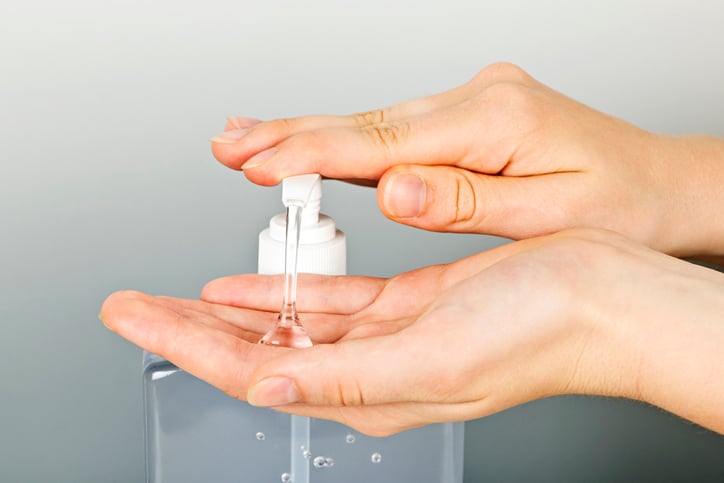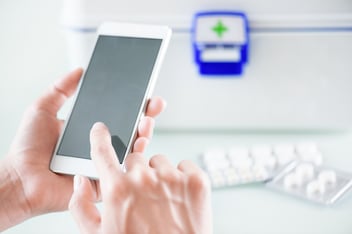For patients with preexisting health conditions, any disease outbreak can be alarming. The current spread of COVID-19 could be particularly unsettling for patients in your practice, since it is a previously unknown virus. Unfortunately, your patients with preexisting health condition are at higher risk of complications if they get this respiratory illness which means they should be more careful about additional preventive measures.
The Centers for Disease Control and Prevention (CDC) now urges anyone over the age of 60, as well as anyone with chronic medical conditions (such as heart, lung, or kidney disease) to “stay home as much as possible.” This is because these groups seem to be at twice the risk of serious (as opposed to mild) forms of infection. Specifically, this means these people should practice “social distancing,” such as avoiding any activities with large crowds, i.e., airplane travel, movie theaters, family events, shopping malls, and religious services.
High risk groups who should be particularly mindful of prevention include:
- People older than age 60
- Those with chronic medical conditions (e.g., chronic cardiac, pulmonary, renal, metabolic, neurodevelopmental, liver, or hematologic diseases)
- Those with immunosuppressive conditions (e.g., HIV/AIDS, receiving chemotherapy or steroids, or malignancy)
People with chronic health conditions – such as those with asthma, diabetes, or heart disease – should take extra precautions if COVID-19 symptoms start to develop. The concern is two-fold: first, that complications from the infection could worsen their health, such as bacterial pneumonia, ear infections, and sinus infections, and second that they could experience a worsening of the original health condition.
Protection Tips
There are steps your patients can take to lessen chances of infection with COVID-19:
- Avoid people who are sick.
- Frequent hand-washing.
- Cover your mouth and nose with a tissue when you cough or sneeze (and make sure others do the same).
- Put your used tissue in a waste basket.
- If you don’t have a tissue, cough or sneeze into your upper sleeve, not your hands.
- Remember to wash your hands after coughing or sneezing:
- Wash with soap and water, or
- If soap and water are unavailable, use an alcohol-based hand sanitizer that contains at least 60% alcohol to clean hands.
- Clean your hands often with an alcohol-based hand sanitizer that contains at least 60-95% alcohol, or wash your hands with soap and water for at least 20 seconds. Soap and water should be used preferentially if hands are visibly dirty.
- Clean frequently touched items such as phones, keyboards, and doorknobs.
For health care providers and patients who rely on BioPlus Specialty Pharmacy, be assured that our specialty pharmacy has a robust business continuity plan, for a variety of emergencies, including a potential pandemic.
For additional information, refer to the CDC, FDA, and World Health Organization (including these Frequently Asked Questions) for the latest information about COVID-19.
Related Posts
Paving the Way for Prior Authorizations
The road from diagnosis to treatment might contain a few unavoidable twists and turns for your...
‘Complex Generics’ As Cost Savers
Pharmacy shelves are full of simple generic versions of medications; and patients have grown...
Get the Digital Touch
Sometimes a specialty pharmacy can be even more hands-on by offering digital touchpoints for...
Hurricanes to Heat Domes: BioPlus Successfully Delivers Meds
Whether it’s Hurricane Elsa whipping up winds in Florida, the recent heat wave with...





